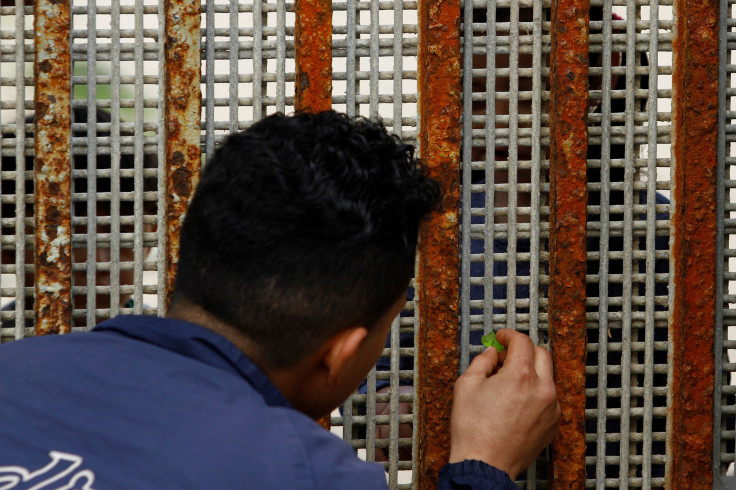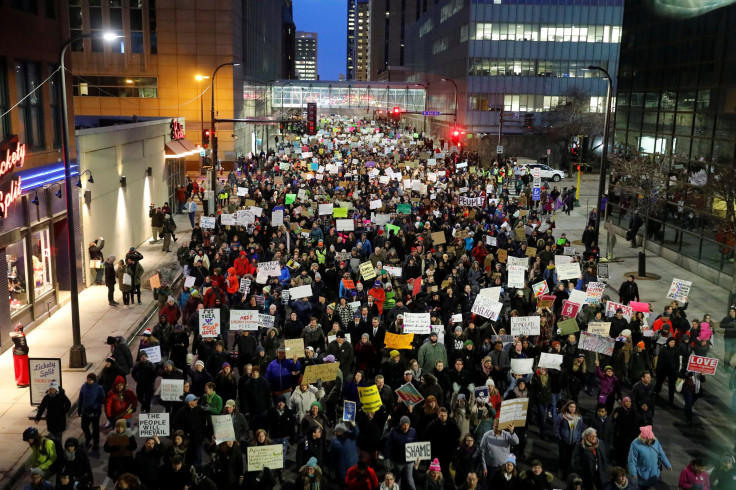Should Immigrant Veterans Be Allowed In US? Deported Marine Begs Trump To Come Back Home

President Donald Trump's immigration agenda, laid out in his first few weeks in office, prioritized deportations for any immigrants charged with committing crimes in the U.S., including American military personnel on visas or green cards.
But a former marine is hoping the new president will make an exception for him and dozens of other former legal residents who served in the military before being deported for various crimes.
Read: How Donald Trump May Be Creating Fake News About Immigrants Every Week
Antonio Romo was 12-years-old when he immigrated across the U.S.-Mexico border to Lynwood, California, before serving as a marine during the liberation of Kuwait, a U.S.-led military operation to free the nation following the 1991 Iraq invasion.

He witnessed violence and bloodshed during his military service, suffering psychological trauma and turning to drugs on his return to the states, an Associated Press profile published Thursday showed.
Romo was eventually arrested in 2001 and convicted of conspiracy to distribute and sell cocaine, before eventually being deported to Mexico in 2008. The veteran was dropped off in a dangerous region of the Rio Grande controlled by local drug cartels.
"I was scared," Romo said. "We offered our lives, in exchange for nothing."
The Deported Veterans Support House, an organization advocating for the re-entry of U.S. veterans charged with crimes, supports Romo's calls for the president to reconsider his deportation policies when it comes to former members of the military.
"Just the fact that 22 veterans commit suicide every single day in this country should inform the president these men and women are witnessing unspeakable horrors that lead to mental health problems and other issues," Hector Barajas, director and founder of the Deported Veterans Support House, told International Business Times. "We need legislation that helps immigrant veterans facing these problems. There’s a lack of loyalty as the law currently stands. Support for our veterans shouldn’t end when the uniform comes off."
© Copyright IBTimes 2025. All rights reserved.






















